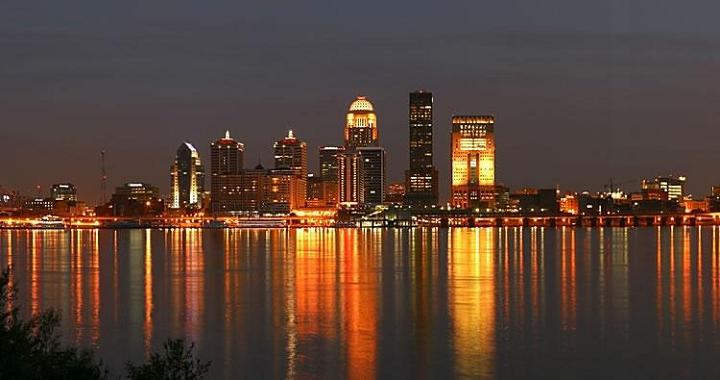
Danzig, as it is
known to the German-speaking world, is the
Polish city of Gdańsk. As Gdańsk, the city has played a pivotal role in Poland's transition out of Communist rule. In 1970 anti-government demonstrations in Gdańsk triggered the ouster of Communist leader Władysław Gomułka. In 1980, the Gdańsk Shipyard gave birth to the Solidarity trade union movement. By 1989, Communist rule ended, and former Solidarity leader, Lech Wałęsa, became President of Poland in 1990.

But the name Danzig carries an altogether different set of connotations. Danzig has had a long history as a city-state, not only as a member of the Hanseatic League but also as a "free city"
during the Napoleonic era. The best known use of the phrase,
"Free City of Danzig" (
Freie Stadt Danzig), refers to the independent city established by the Treaty of Versailles and overseen by the League of Nations. It represented Poland's sole hope for free access to the sea, a key premise of Woodrow Wilson's "Fourteen Points." Because the city's population was overwhelmingly German, however, the Treaty of Versailles did not assign Poland complete sovereignty over Danzig. Eventually, the city became a primary target of the German invasion of Poland on September 1, 1939. The
heroic defense of Danzig's Polish Post Office culminated the tumultuous two decades when Danzig/Gdańsk stood squarely between Germany and Poland.
Louisville, for its part, has combined elements of Southern and Midwestern culture throughout its history. It is predominantly Southern, but it looks northward as no other Southern city does. The resulting cultural mix can be analogized to the experience of Danzig during the Weimar Republic. One can only hope that Louisville never experiences the trauma that afflicted Danzig/Gdańsk during the half-century between the outbreak of World War II and the accession of Lech Wałęsa to the Polish presidency.














 But the name Danzig carries an altogether different set of connotations. Danzig has had a long history as a city-state, not only as a member of the Hanseatic League but also as a "free city"
But the name Danzig carries an altogether different set of connotations. Danzig has had a long history as a city-state, not only as a member of the Hanseatic League but also as a "free city" 
 [Author
[Author 







.png)







